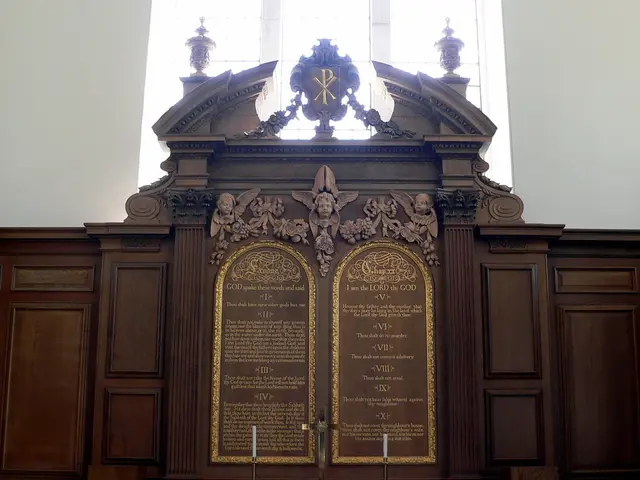From Konrad Adenauer to Friedrich Merz: The German Chancellors - Germany honors Helmut Schmidt’s enduring leadership a decade after his death
Germany remembers one of its most influential leaders, Helmut Schmidt, on the 10th anniversary of his passing. Schmidt, often dubbed the 'helmsman', served as chancellor from 1974 to 1982, navigating the country through economic crises and battles against terrorism.
Schmidt's tenure spanned a tumultuous period. He faced economic challenges, including the oil crisis, and the threat of the Red Army Faction (RAF) terrorists. Despite these trials, Schmidt's leadership was marked by stability and pragmatism. He was succeeded by Helmut Kohl in 1982.
Born in Hamburg in 1918, Schmidt joined the SPD in 1946 and rose through the ranks to become chancellor. He was known for his calm demeanor and quick wit, earning him the respect of both allies and adversaries.
Schmidt passed away on November 10, 2015, at the age of 96. Today, his legacy continues to influence German politics. The current chancellor, Friedrich Merz, who took office on May 6, 2025, has praised Schmidt's leadership and its enduring impact on Germany.
Read also:
- American teenagers taking up farming roles previously filled by immigrants, a concept revisited from 1965's labor market shift.
- Weekly affairs in the German Federal Parliament (Bundestag)
- Landslide claims seven lives, injures six individuals while they work to restore a water channel in the northern region of Pakistan
- Escalating conflict in Sudan has prompted the United Nations to announce a critical gender crisis, highlighting the disproportionate impact of the ongoing violence on women and girls.








